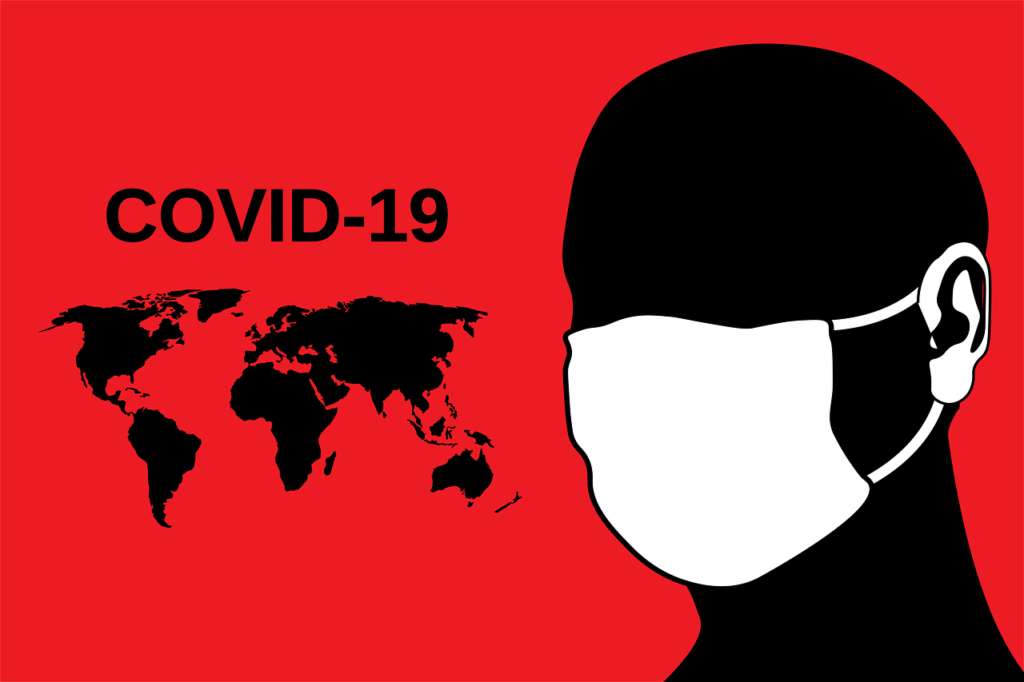War in Europe is affecting global production, supply and prices of many commodities (oil, natural gas, wheat, fertilizer – Russia and Ukraine are said to account for approximately 30% of world wheat exports, Ukraine is known as Europe’s bread-basket and bread-basket of substantial parts of the rest of the world particularly parts of Africa. With the interruption of production and supply of these commodities will come substantial price increases and rising inflation which will adversely affect living standards and will also increase investment aversion in the business community.
A special report by The Economic Commission for Latin America and the Caribbean (ECLAC) said “The region confronts domestic contexts marked by a sharp economic slowdown, rising inflation and a slow and incomplete recovery of labour markets, which will increase poverty——–” there will be increase in the unemployment rate in 2022—-that higher commodity prices, the increase in transportation costs and disruption to international supply chains will affect the region’s goods exports.
This is clearly an international problem (albeit manifested differently/to varying degrees in different countries) which requires international action and solutions. This problem may be seen in the context of the concept of Producer/Consumer Surplus where more is being receive by the supplier/seller than the lowest acceptable price and is far above the maximum the consumer/buyer is willing to pay. The losers ought to be compensated. In the present situation, in addition to action to affect energy sources and prices, to ensure community (international community) welfare gains are maximised and the impact from compensation made profound and long-lasting, such compensation should be carefully and strategically directed/utilised – including making better use of peoples’ skills and talents and reducing reliance on Hydrocarbons as energy sources.
The Coronavirus Pandemic (COVID-19)
COVID-19 necessitated very high rates of government spending on health, education, employment etc to help maintain accustomed standards of living. Rates of public spending in the pandemic years were generally higher than in previous years. Without these rates of public spending, many economies would have ground to a halt or even collapsed. A substantial part of the public spending which was necessary in the crisis (eg on job retention schemes) tended to be consumption spending rather than investment spending. This had the effect of increasing aggregate demand and higher economic growth in the short-term however, not necessarily have a positive impact on productivity – economic growth (which helps development and reduces poverty) should result from a good combination of employment growth and changes in capital (including technology) and productivity growth. Increased public spending without productivity gains is only likely to have a temporary beneficial effect on employment.In the medium-to-longer-term, interest rates are likely to have to rise – which has been further spurred by Quantitative Easing measures of some central banks. Quantitative Easing may not be bad in itself however, if the money in not spent in the proper way ie on production, services etc but on speculative endeavours, this will cause inflation to rise. This will increase governments’ debt burden further. In view of the low productivity rates which obtain generally, and where employment rates may not change sufficiently to create high and rising rates of GDP growth, it may be difficult for governments’ spending to be maintained at the rate/levels which facilitated recent past standards of living. If spending is maintained while there are GDP and employment shortfalls, this will result in high debt burdens for governments and future generations.
